“Every day brings a chance for you to draw in a breath, kick off your shoes, and dance.” - Oprah Winfrey
There’s a lot to being a choreographer and a dancer. Whether you choreograph for a ballet company, a hip hop group, contemporary dancers, or any other style of dancing, there are a few skills and qualities you’ll need to be successful at it.
Some of these qualities will make you a better choreographer and others will help you to run your business better.
Would you like to become a choreographer?
Make sure you have these qualities and skills.

Creativity
Every choreographer needs to be creative. They need to improvise and use their imagination to put together dance routines.
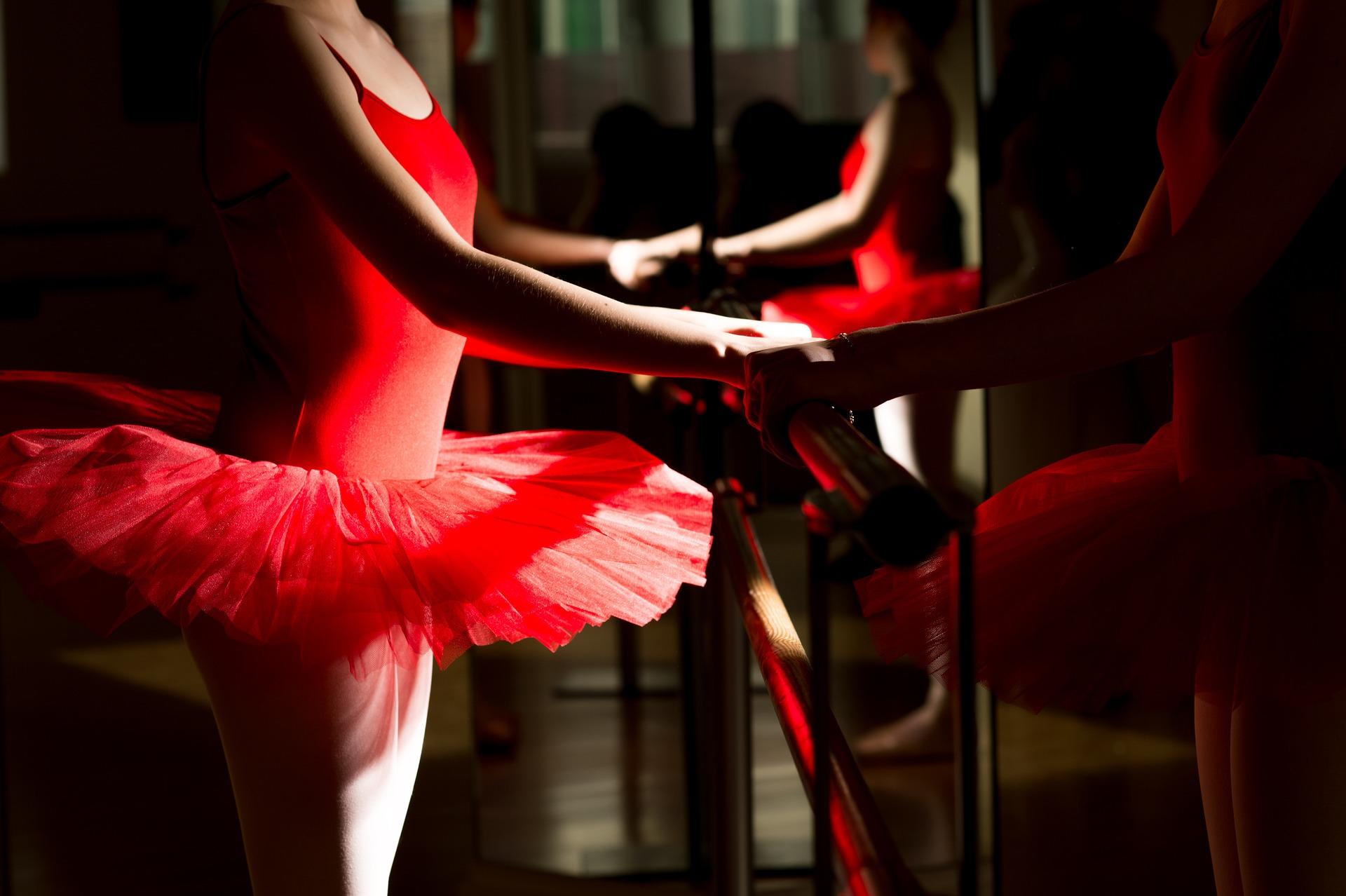
As choreography is an art, creativity is essential. Each choreographer needs to be able to draw on their inspiration but also to come up with ideas so that their routines feel fresh.
Find out how to become a choreographer
An Understanding of Aesthetics
Choreography is what brings a group of dancers together. In a ballet like Swan Lake or the Nutcracker, it’s important to have an eye for how the dancers appear on stage.
The choreography gives off a visual impression so you need a good eye for the aesthetics of the performance and how it looks as the dancers move about.
You also need to see how the costumes, scenery, and performances look. Choreography is designed to wow the audience. In addition to the movement, what the audience sees also plays an important role.
Curiosity
A choreographer needs to be curious and willing to open their mind to other styles of dance be it ballet, modern, flamenco, tap, etc. Your curiosity will feed your creativity and make your routines more inventive and novel.
Looking for dance schools near me? search here.
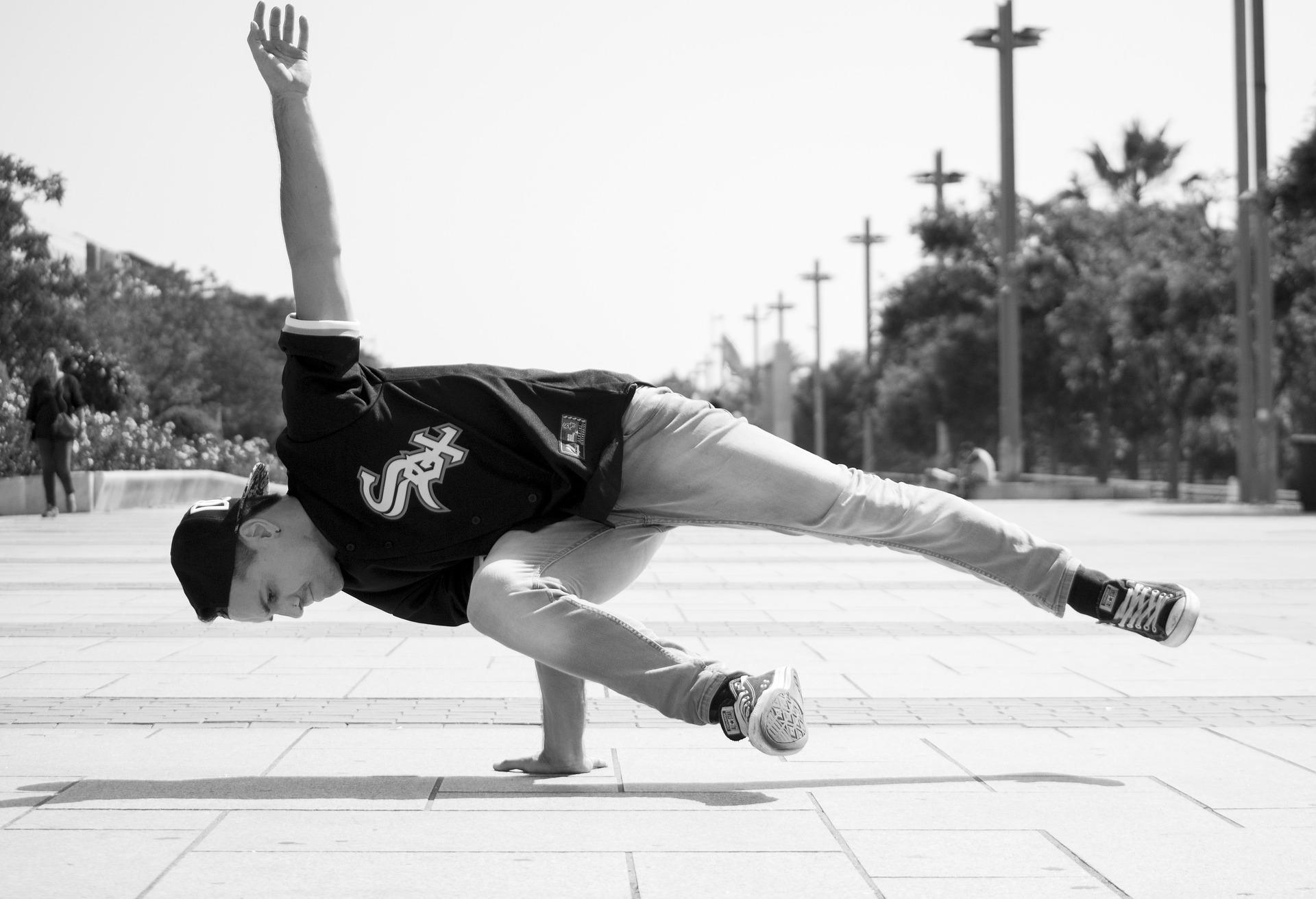
Good knowledge of different styles of dance will also help. That said, it’s not just a curiosity for other types of dancing that will help. A thirst for theatre, cinema, television, and even things like art and architecture can help.
Find out the differences between dance teachers and choreographers
Leadership Skills
A choreographer needs to be able to lead and manage a team. For dance routines and performances, you need professional dancers to perform them.
This means that you also need to:
- Hire dancers.
- Assign roles to dancers according to their abilities.
- Present your ideas to the dancers and get them excited about them.
- Maintain a sense of harmony within the team.
- Deal with conflict.
- Delegate tasks to your team.
A choreographer is in charge of their project or dance routine, but they also need to be in charge of the dancers and the people in their team.
Experience the magic of dance by locating dance lessons near me and signing up for a trial.
People Skills
To be a good leader, you need to know how to deal with people. A choreographer needs to be able to communicate with their team and their dancers. For a good group dynamic, you need to know how to speak to different types of people and get to know them.
The same is true for the other staff (technicians, admins, etc.) and maybe even financial and business partners for the project. A choreographer will need to build a network of people to help them realise their dreams. Networking is a must, too.
Discover the qualifications choreographers may need
Rigour
A choreographer needs to be rigorous and not just when creating their routines.
They need to look at the finest details of every performance as well as things like the budget, too.
This rigour comes in handy when managing rehearsals and a team of dancers. An eye for detail helps here.

Observation Skills
In a similar vein, a choreographer needs a keen eye. They’ll need to keep their eyes open for inspiration for one.
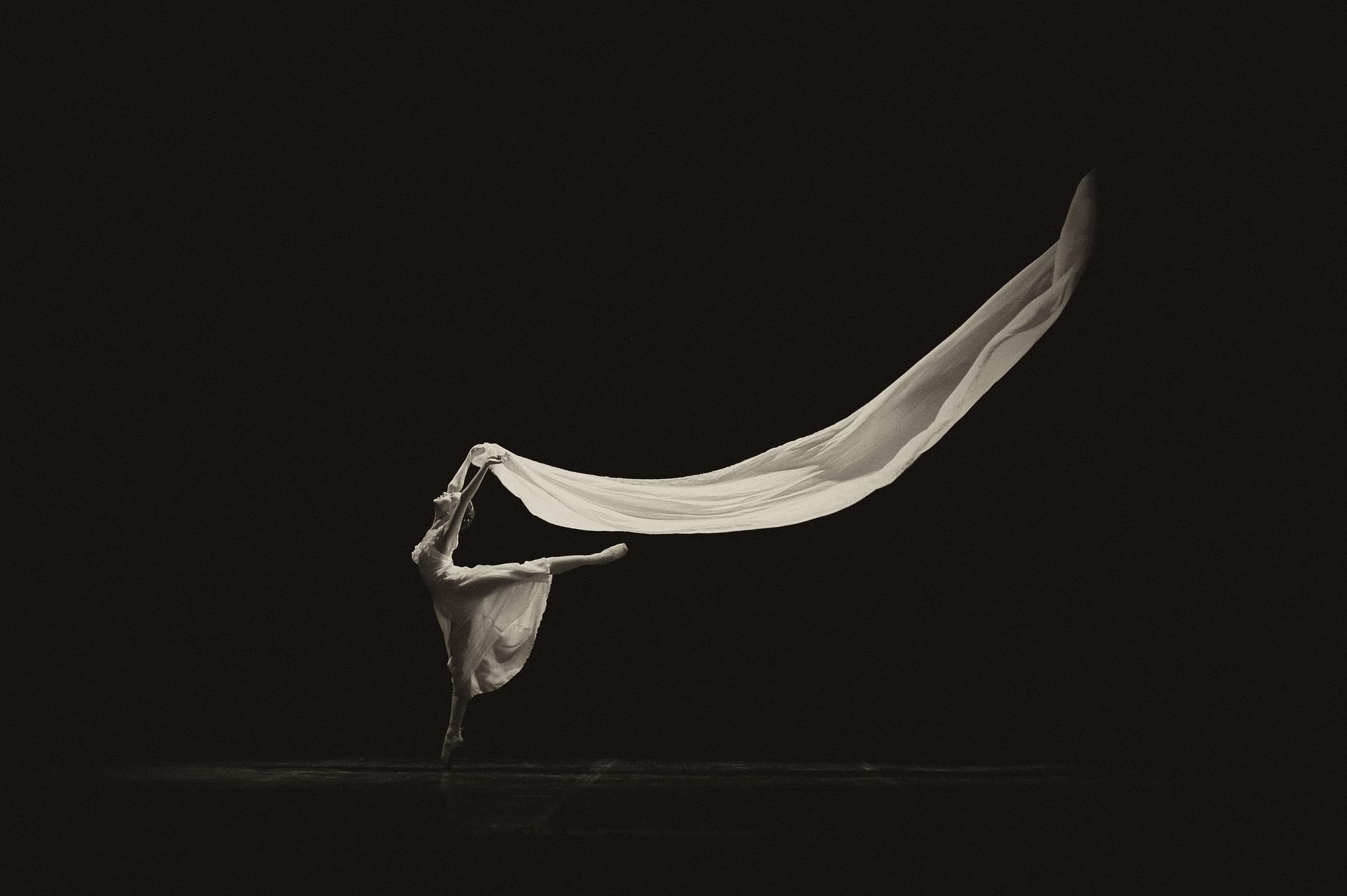
They’ll also need to watch closely during recruitment to ensure that they have the right dancers for the right roles.
They’ll watch the performances and rehearsals very closely to ensure everyone’s getting it right. This will help them know what each dancer’s limits are and how to get the most out of their performance.
Their observation skills will also help them keep an eye on the group dynamic, manage conflicts, and ensure that every dancer is focused on the routine.
Find out where choreographers can find work
Patience
The creative process, especially for choreography, can take a long time. Every choreographer needs a healthy dose of patience. Ideas won’t always come to you when you want them to.
You need to be methodical but also patient. You can’t put together a performance or a routine overnight so patience is a must.
Availability
A choreographer will need to be readily available to their dancers and their team. They’ll have to want to work in a team, too.
While a lot of the creative process takes place in isolation, there’s also a lot of teamwork involved. A choreographer needs to be good at both of these parts.
They need to be available to their team and willing to listen to their ideas and feedback, too.
By searching online for dance lessons near me, the perfect rhythm is never too far.
Listening Skills
Just like having a keen eye, a choreographer also needs to use their ears. They need to listen to what their dancers and their team are telling them.
They’ll also need to be willing to receive criticism and take it on board. They also need to keep their ear to the ground for opportunities for their career to present themselves.
Stress-management Skills
As the day of the performance gets closer, you might start to stress. Any creative endeavour can be stressful, especially when you created it.
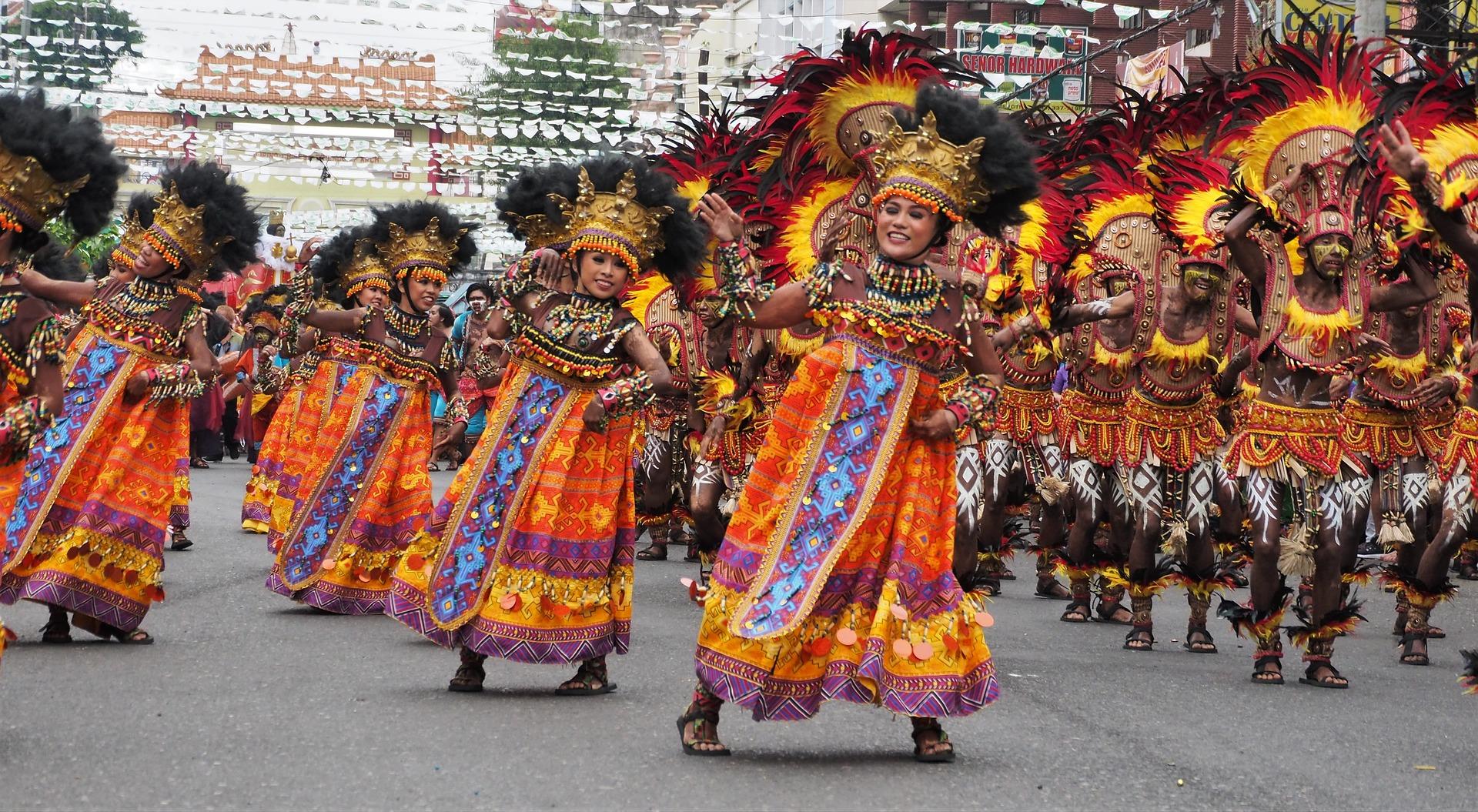
A choreographer needs to manage their stress. You don’t want to stress out your dancers, either. As we’ve mentioned, you need to be there for them to solve their problems and you’re more capable of doing this when you’re effectively managing stress.
Perseverance
Every choreographer needs to be persevering and tenacious.
The creative process needs inspiration, hard work, and practice. You might need to spend hours in rehearsals.
You also need to be tenacious and tireless in the promotion of your work.
Teaching Skills
A choreographer also needs to be a good teacher and able to transfer knowledge to their dancers.
They have to enjoy the process of showing their dancers the routines they’ve put together for them and their company. There may be a large audience who’ll see it. Choreographers need to move people with their routines, and not just the dancers.
To do this, you need to effectively teach your dancers what they need to do.
So do you have what it takes?
If you're interested in choreography or dancing, consider getting private tutoring from one of the many talented and experienced tutors on Superprof. There are plenty of tutors out there who can help you in several different ways.
There are different types of tutorials available and since each comes with advantages and disadvantages, you must choose the right one for you, your level, and your budget.
Face-to-face tutorials are the most effective as they take place between one student and their tutor. This means that the tutor can tailor every session to their student and what they want to learn, which can be very useful if they want to learn a particular style of dancing or something as niche as choreography. However, as this is a bespoke service, it's often more expensive than more general lessons and tutorials.
Group tutoring is great for those on a budget as every the cost of the tutor's experience and expertise is shared amongst the students in attendance. While this means you won't get lessons that are completely tailored to you, it can be useful for those with smaller budgets who are looking to learn more about dancing or choreography without wanting to focus on a particular aspect of it.
If you can't find any suitable or available tutors in your local area, you can always broaden your search to include online private tutors. As long as you have a webcam and a decent internet connection, you can be taught by tutors anywhere in the world. As they won't be there in the room with you, their tuition won't be as hands-on as the other types of tutoring, but for learning theory and the academic aspects of dance and choreography, they can be just as effective as face-to-face tutors.
Don't forget that a lot of the tutors on the Superprof website will offer the first lesson or session for free. These sessions are useful for trying out several potential tutors before deciding which one is right for you. After all, dancing or choreography isn't learned overnight and as you'll probably be spending a lot of time with your tutor in the long term, you'll want to choose the right one.
Summarise with AI:

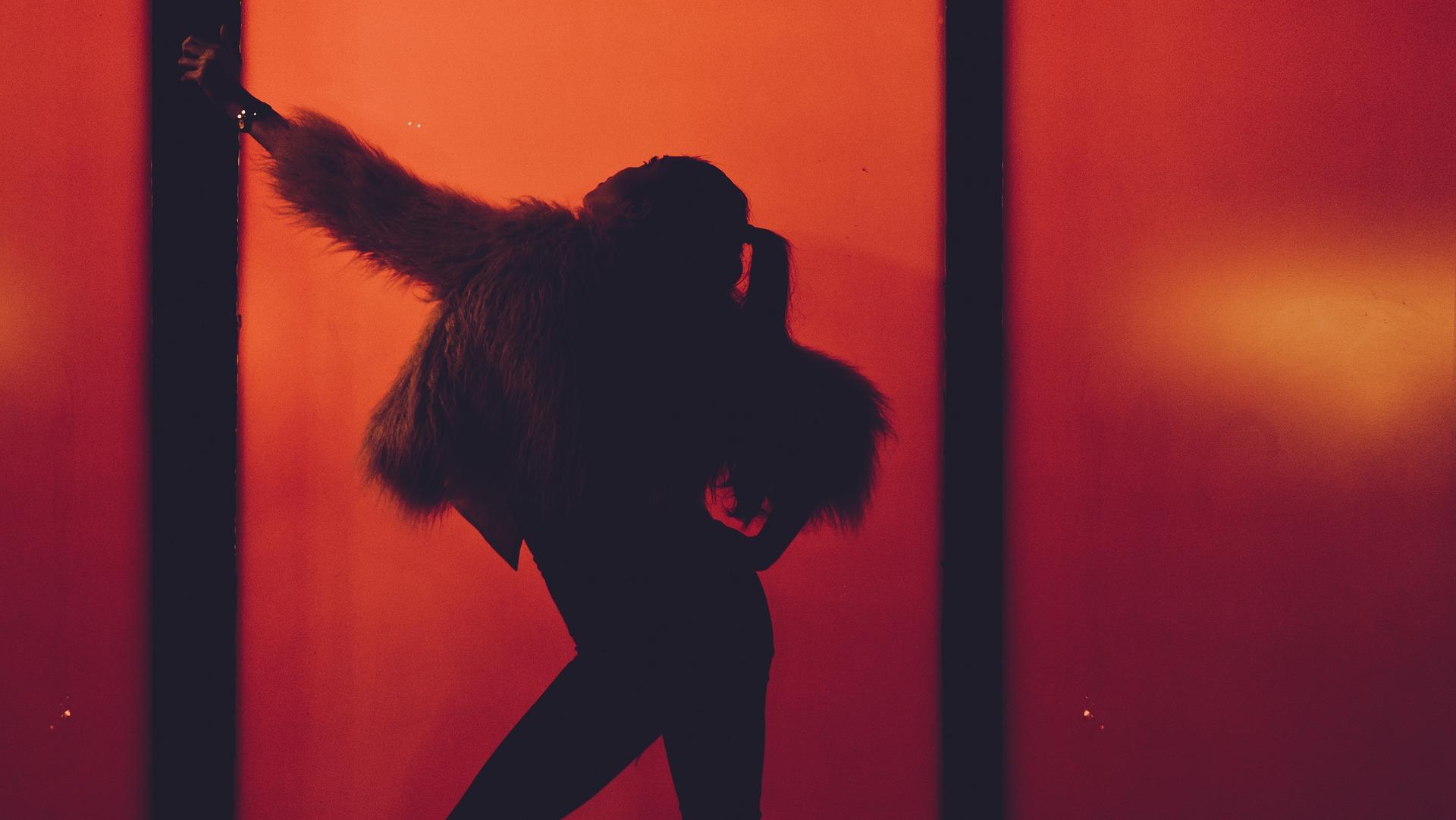

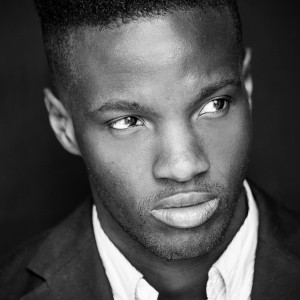




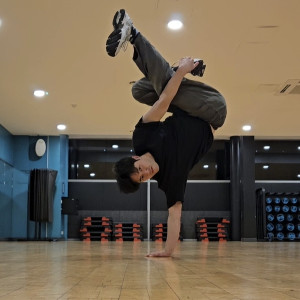







nothing ease to say but it was a lovely read 😊
Thank you for your comment! It’s wonderful to hear that you enjoyed the article on the essential skills and qualities for choreographers. If you have any questions or would like to delve deeper into any of the topics discussed, feel free to ask. We’re here to help and continue the conversation! 😊